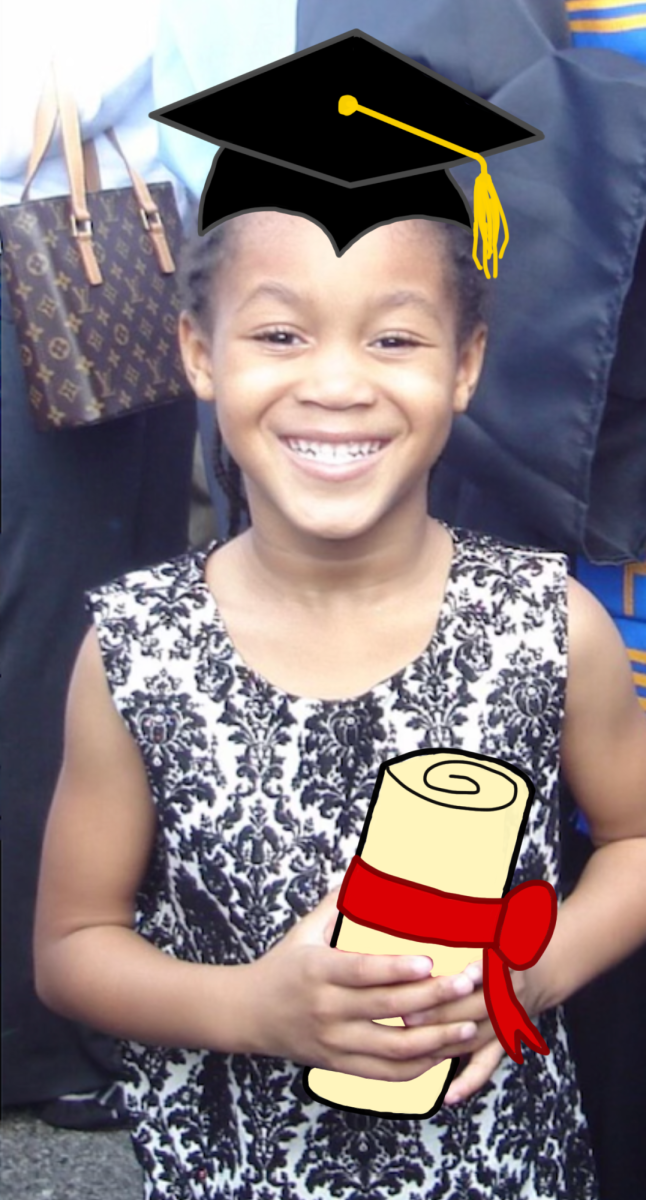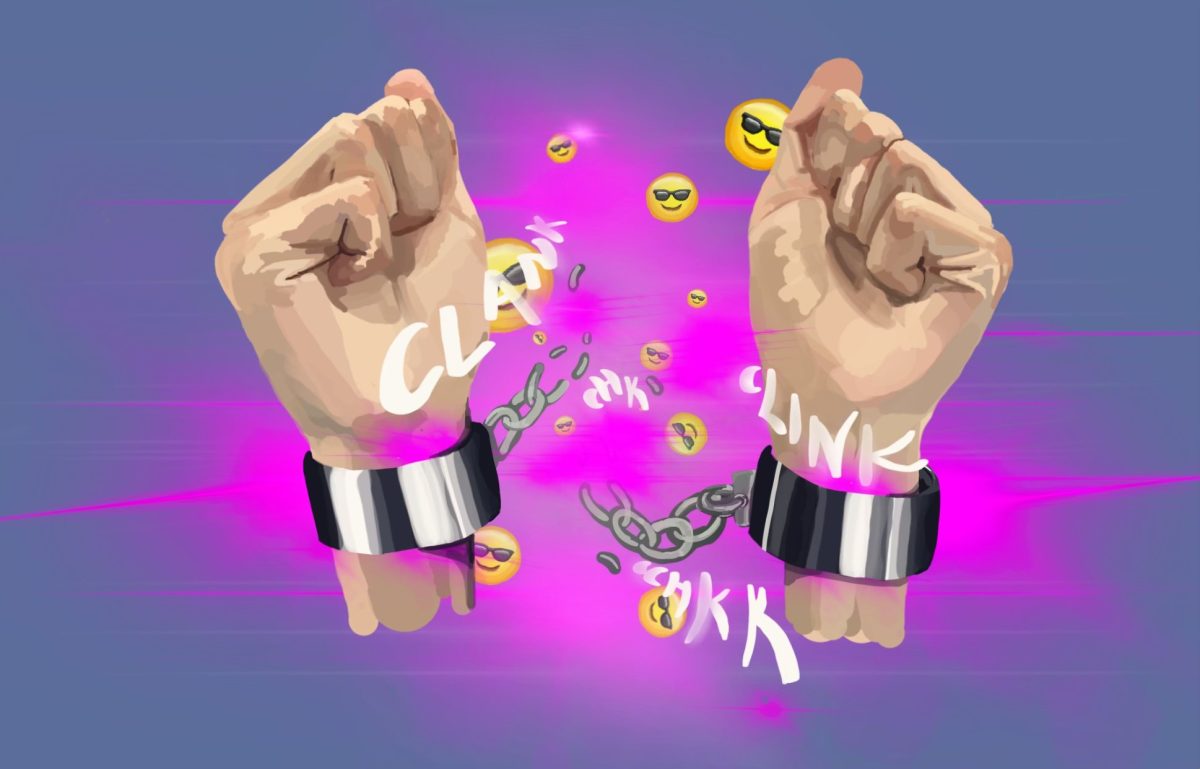My first night on The Maroon, I knew I had walked in to something special. It was a Monday production night: Editors sat around the large off-center table in the basement of Ida Noyes, playing bumper cars with rolling office chairs as they pivoted back and forth from the computer screens that housed the next morning’s layout. What I didn’t anticipate that night was how much time I would spend in that office over the next three years. When you become an editor, you sign up for 30 hours of writing, editing, and production a week, usually piled on top of a full course load, an attempt at a fulfilling social life, and a part-time job to make ends meet.
Sitting on the editorial board of The Maroon was one of the greatest honors of my life; I learned hard-earned lessons on unwavering loyalty and steadfast camaraderie. Most importantly, I learned that the University of Chicago community is better for having an independent newsroom. In several instances, in scuffs with the University administration, The Maroon emerged essentially unscathed and the presses continued to print the next issue.
The independence that The Maroon enjoys is not a given across the country. On campuses from California to Texas, financial ties between student papers and college administrations threaten the existence of hyperlocalized college press. Most recently in January, a nonprofit that ran operations for the student newspaper at Southern Methodist University (SMU) announced it would dissolve, leaving the paper to turn towards the University for funding. According to the former editor-in-chief of the paper, SMU has made regular attempts “to censor student voices,” axing a section in the student rights handbook about the freedom to uncensored student press in 2013.
Though UChicago has not made overt attempts to censor student press, Zimmer’s testimony from November 2016 poignantly reflects his views of the paper: “I would ordinarily not view The Maroon as a dispositive source of information.” In the last year, quarterly meetings with Zimmer have been rescheduled and later canceled—a year which coincided with the publication of confidential internal documents, the reveal of a $100 million lawsuit, and a story I coauthored on sexual assault and campus security. The Maroon has not held quarterly meetings with President Zimmer since last spring. The reasons for the cancellations have been cited as scheduling conflicts, though it must be noted that in previous years it has been rare that the News Office reneged on this obligation. Though all of these instances exhibit an unhealthy distaste for student voices, the only existential threat The Maroon faces is an inability to fund production through internal revenue.
The independence The Maroon and campus celebrate comes at a steep price. The Maroon has never had enough in the bank to pay its editors—at its very peak, before it slid into more debt and canceled the program, editors were making $100 a quarter for nearly 300 hours of work. Our paper has been cut to eight pages, a fiscally responsible decision ushered in by Adam Thorp’s Maroon. This coming year, The Maroon will start its first financial aid program, offering work-study grants to editors. I am hopeful this program will be implemented long-term.
With no editor’s pay and long hours, students who would otherwise opt for involvement on the paper turn away in favor of working part-time campus jobs. And so The Maroon sits at an impossible impasse. Funding structures combined with the decline of print advertising threatens the inclusivity of our independent newsroom.
The UChicago community deserves a newsroom that reflects the community it is reporting on. It is an unfortunate reality that this moral imperative rests upon the contributions of the community itself—but given this reality, saving and preserving student journalistic independence is an imperative that cannot be overstated. Every year, the University is showered with donations from the Mansuetos and the Catheys of the world, as The Maroon scales back and students continue to spend countless unpaid hours reporting and publishing in the name of a free press.
I will never forget my time on The Maroon. For years to come, I will gleefully reminisce about laughing in the newsroom until 2 a.m. about that egregious error in the paper nobody noticed. But that glee should not be reserved for a select few. The responsibility of keeping The Maroon lively and diverse sits on the shoulders of our University community and alumni, who must acknowledge the importance of student journalism.
Jamie Ehrlich is a graduating social media editor for The Maroon.







